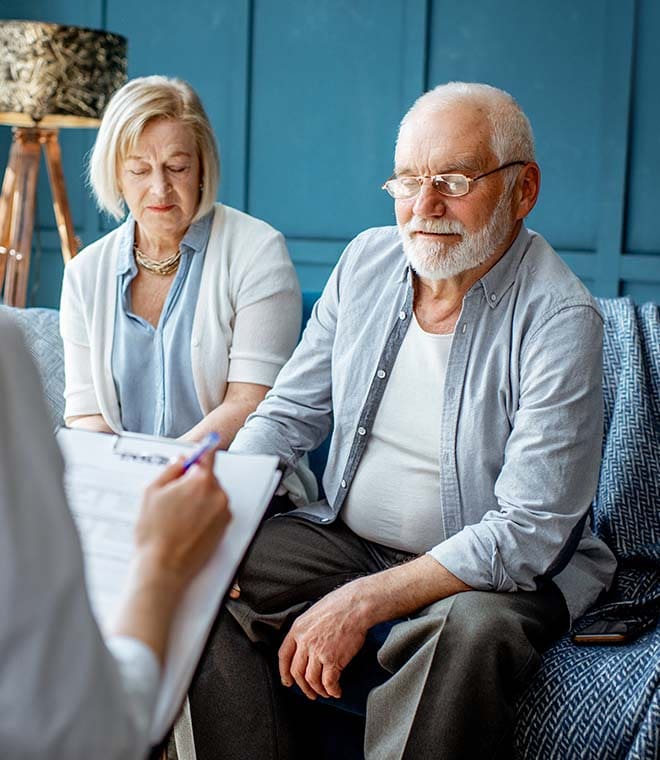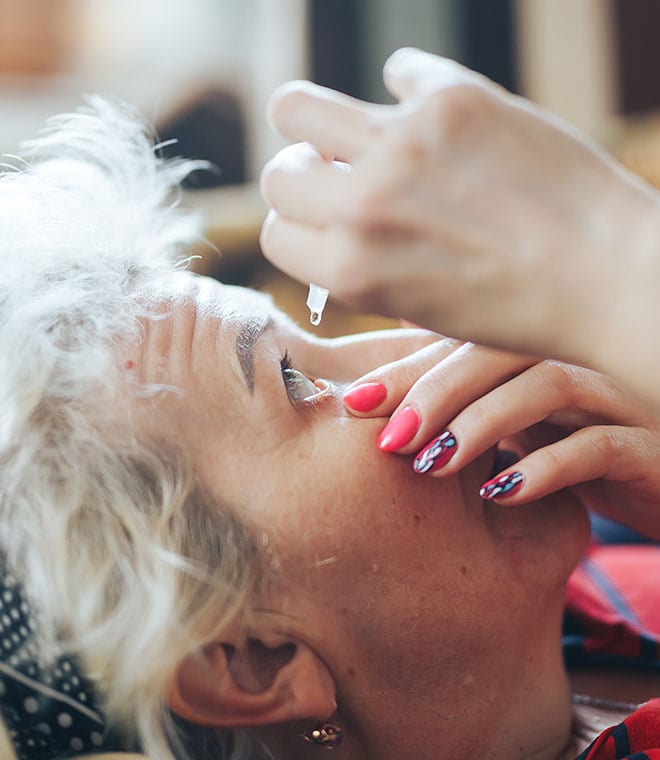Health
How to prevent osteoporosis
By Jenilee Matz, MPH May 09, 2025 • 5 min
Osteoporosis is marked by a loss of bone mineral density (an indicator of how strong bones are and how likely they are to break). With this condition, bones become thin and weak, which greatly raises the risk of fractures (bone breaks). During later stages of osteoporosis, the bones become so brittle that fractures can happen very easily. Bending, lifting or lightly bumping into an object can cause bones to break. Thankfully, there are actions you can take to keep your bones healthy and strong. This can help lower your risk for osteoporosis.
What causes bone loss?
Bones are living tissues that are continuously remodeling. Throughout our lives, new bone develops while old bone is removed from the skeleton. From childhood through early adulthood, new bone development outpaces bone loss. We reach peak bone mass in our late twenties. After that age, bone loss begins to occur more rapidly, outpacing new bone formation. In women, bone loss accelerates in the first few years after menopause. Bone loss continues after that but it slows down. In men, bone loss happens more slowly at first. However, by age 65 or 70, both men and women lose bone mass at similar rates. Osteoporosis occurs when bone loss happens too quickly or bone formation happens too slowly. This causes the bones to become thin and weak.
What are the risk factors for osteoporosis?
Certain factors increase your chance of osteoporosis, including:
- Age: Your bones become thinner and more fragile with age, making you more susceptible to osteoporosis.
- Gender: The risk of osteoporosis is higher for women. It’s even higher for women who went through early menopause or who had their ovaries surgically removed before their menstrual cycle stopped.
- Body type: Individuals with a small, thin frame have a greater risk of osteoporosis.
- Ethnicity: Individuals of Caucasian or Asian descent are more likely to develop osteoporosis.
- Family history: If you have a relative with a history of broken bones or osteoporosis, you have a higher risk of developing the condition.
- Hormone problems: Certain hormone issues, such as amenorrhea (abnormal absence of menstrual periods), increase the risk of osteoporosis.
- Eating disorders: Individuals with an eating disorder, such as anorexia nervosa, are more likely to develop osteoporosis.
- Diet: People who don’t get enough vitamin D and calcium have a higher risk of osteoporosis.
- Lack of physical activity: Not getting enough physical activity or being on bedrest increases the chances of osteoporosis.
- Other medical conditions: There are certain conditions, such as digestive diseases, cancer and endocrine disorders, that increase the risk of osteoporosis.
- Alcohol use and smoking: Drinking too much alcohol long-term is a contributing factor for osteoporosis. Smoking also increases the risk.
Taking certain medications for a long time: Long-term use of specific medications, such as corticosteroids and some anticonvulsants, can raise the risk of osteoporosis.
How to reduce the risk of osteoporosis
While bone loss is a normal part of aging, osteoporosis is not. You can make lifestyle changes to help lessen bone loss and reduce your risk of developing osteoporosis. These include:
- Consume enough calcium: Calcium is needed to build and maintain strong, dense bones. Not getting enough calcium throughout your lifetime is linked with osteoporosis. Women age 50 and younger and men age 70 and younger should consume at least 1,000 mg of calcium per day. Women age 51 and older and men age 71 and older should aim for 1,200 mg of calcium each day. Foods that naturally contain calcium include dairy products, dark green leafy vegetables like broccoli and spinach, salmon, tofu, and almonds. Other foods may be fortified with calcium, such as orange juice, cereals and breads.
- Take in enough vitamin D: The body needs vitamin D to absorb calcium. Adults should consume 600 IU of vitamin D each day up until age 70, and adults age 71 and older should take in 800 IU of vitamin D per day. Foods rich in vitamin D include fatty fish (such as salmon, tuna and mackerel), beef liver, cheese and egg yolks. Other foods, such as cow’s milk, milk alternatives and yogurts are often fortified with vitamin D.
- Eat a well-balanced diet: Eating a variety of fruits and vegetables and focusing on consuming enough protein each day can supply you with the nutrients your bones need to stay healthy.
- Get enough exercise: Regular physical activity strengthens bones. Weight-bearing moves and resistance exercises are best for building and maintaining bone mineral density. Examples of weight-bearing exercises include walking, jogging, playing tennis and strength training.
- Quit smoking: Not only can smoking harm your bones, heart and lungs, but people who smoke absorb less calcium from their diets. If you smoke, get help to quit.
- Limit your alcohol intake: Drinking alcohol regularly can damage your bones. Drinking heavily can lead to bone loss.
If you’re concerned about osteoporosis, talk with your healthcare provider. They can discuss your risk factors for developing the condition and work with you to improve your bone health.
Updated by Julie McDaniel, MSN, RN, CRNI, May 2025.
Sources:
- https://womenshealth.gov/a-z-topics/osteoporosis
- https://www.bonehealthandosteoporosis.org/patients/treatment/calciumvitamin-d/
- https://www.nof.org/preventing-fractures/prevention/
- https://www.nia.nih.gov/health/osteoporosis/osteoporosis
- https://medlineplus.gov/ency/article/000360.htm
- https://orthoinfo.aaos.org/en/staying-healthy/osteoporosis-prevention/
- https://orthoinfo.aaos.org/en/diseases--conditions/osteoporosis/
- https://medlineplus.gov/osteoporosis.html
- https://ods.od.nih.gov/factsheets/VitaminD-HealthProfessional/
- https://ods.od.nih.gov/factsheets/Calcium-HealthProfessional/



